Advanced BMT for Systemic Sclerosis
Expert specialists deliver proven, effective care for Systemic Sclerosis, supported by decades of successful outcomes.

Book an Appointment

BMT/HSCT for Systemic Sclerosis
Systemic sclerosis, also known as systemic scleroderma, is a rare, chronic autoimmune disease, leading to excessive collagen production that causes hardening and tightening of the skin and connective tissues. This fibrosis can affect the skin, joints, and internal organs, such as the lungs, heart, and kidneys. Key symptoms include Raynaud’s phenomenon swelling and thickening of the skin, Interstitial Lung Disese, (ILD) Pulmonary Arterial Hypertension , Dysphagia, Myocardial Fibrosis and Pericardia l Effusion.,Hypothyroidism , and rarely in Renal crisis.
Hematopoietic stem cell transplantation (HSCT) is a treatment option for severe, early systemic sclerosis (SSc) .It is recommended for carefully selected patients with rapidly progressive diffuse SSc who are at risk of organ failure, and it has shown superiority over standard treatment for improving survival, lung function, and quality of life . However, the procedure carries risks, including early treatment-related mortality, which is why careful patient selection is crucial.
Rationale for Immune Reprogramming
To achieve long term drug free remission by eradicating Autoreactive Immune Cells,and reconstituting a new self Tolerant , Immune System. It is one time intensive Therapy, aimed at immune reprogrammaing with management tailored to minimise toxicity and maximize durable remission .
Understanding the HSCT Process
The first HSCT for Systemic Sclerosis for performed in USA in 1997. In the sane year EBMT( European Society foe Bone Marrow Transplantation ) established a dedicated Registry. As per the recent data , centres reporting to EBMT has performed about 960 HSCTS for Systemic Sclerosis
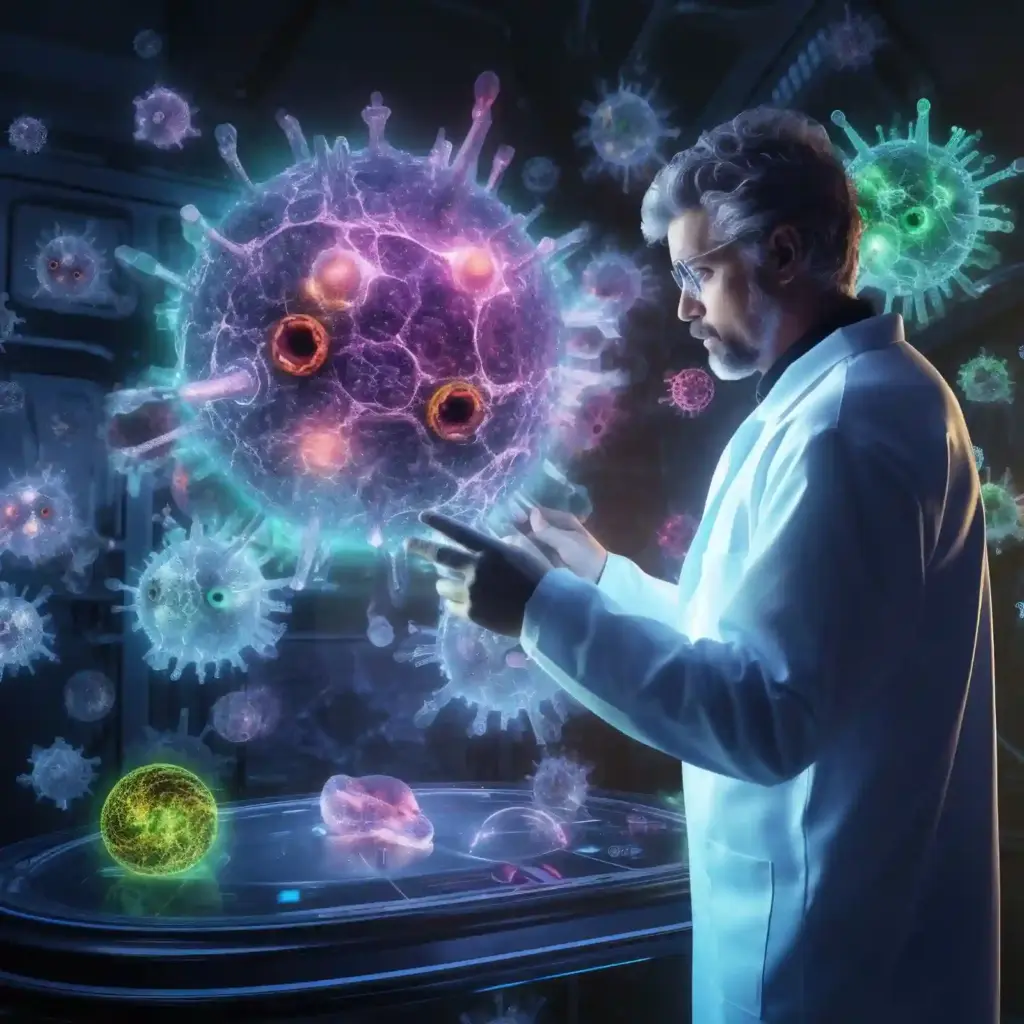
HSCT is an intensive immunotherapy that targets the autoreactive immune system in autoimmune diseases like SSc.
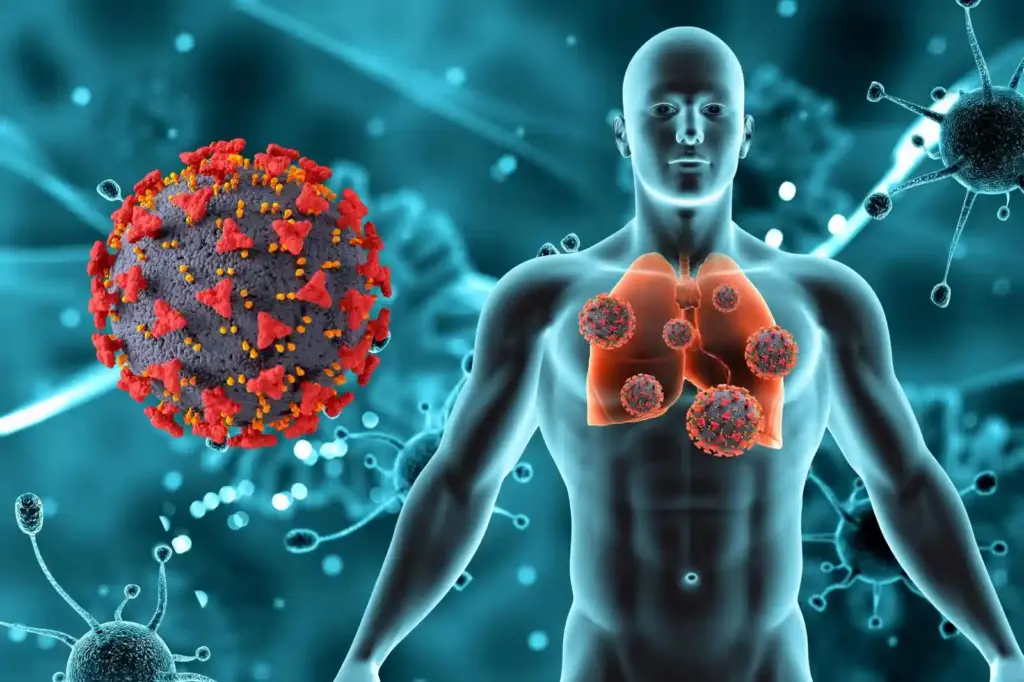
Autologous stem cells, are first collected and stored, are then reinfused to rebuild a new immune system that is no longer attacking the body.

The process involves using high-dose chemotherapy to eliminate the current, damaged immune system.

The goal is to establish a new immune repertoire with long-lasting regulation and tolerance to autoantigens.

Benefits and Outcomes
Three successive randomised trials, namely, ASSIST [American Scleroderma Stem cell versus Immune Suppression Trial, (Burt et al. 2011)], ASTIS Autoimmune Disease Autologous Stem cell Transplantation International Scleroderma trial, (van Laar et al. 2014)] and SCOT [Scleroderma: Cyclophosphamide Or Transplantation, (Sullivan et al. 2018)], have now demonstrated that auto- HSCT is superior to CY for early rapidly progressive SSc in terms of long-term survival as well as improvement of lung function and skin fibrosis.
- Improved survival
HSCT is the only disease-modifying strategy with high-level evidence for improving long-term survival in severe SSc.
- Improved survival
HSCT is the only disease-modifying strategy with high-level evidence for improving long-term survival in severe SSc.
- Improved quality of life
It can lead to improvements in skin involvement, joint stiffness, and the patient’s overall quality of life.

Risks and Considerations
- Treatment-related mortality
There is an early risk of death associated with the procedure, which is estimated between 5% and 10% in some studies.
- Limited window of opportunity
The procedure is only an option for patients with early, progressive disease. Once severe, irreversible organ damage has occurred, the risk of the transplant outweighs the potential benefits.
- Other side effects
Potential long-term complications include gonadal failure and the development of secondary autoimmune diseases.
- Careful patient selection
Due to the risks, it is crucial that HSCT is performed only on carefully selected patients with early, progressive diffuse SSc who are at high risk of death from the disease.

Eligibility and Recommendations
- HSCT is not for all patients with systemic sclerosis. It is recommended for a small, specific group of patients with a severe and rapidly progressive course who have a poor prognosis with standard therapies.
- The decision is made by a multidisciplinary team, considering the balance between the risks of the transplant and the risks of the disease itself.
BMT /HSCT for SSc why @ Kannapa
Kannappa Memorial Hospital is a Dedicated Haematology and BMT Hospital with a Focus on providing excellent care to the BMT Patients.
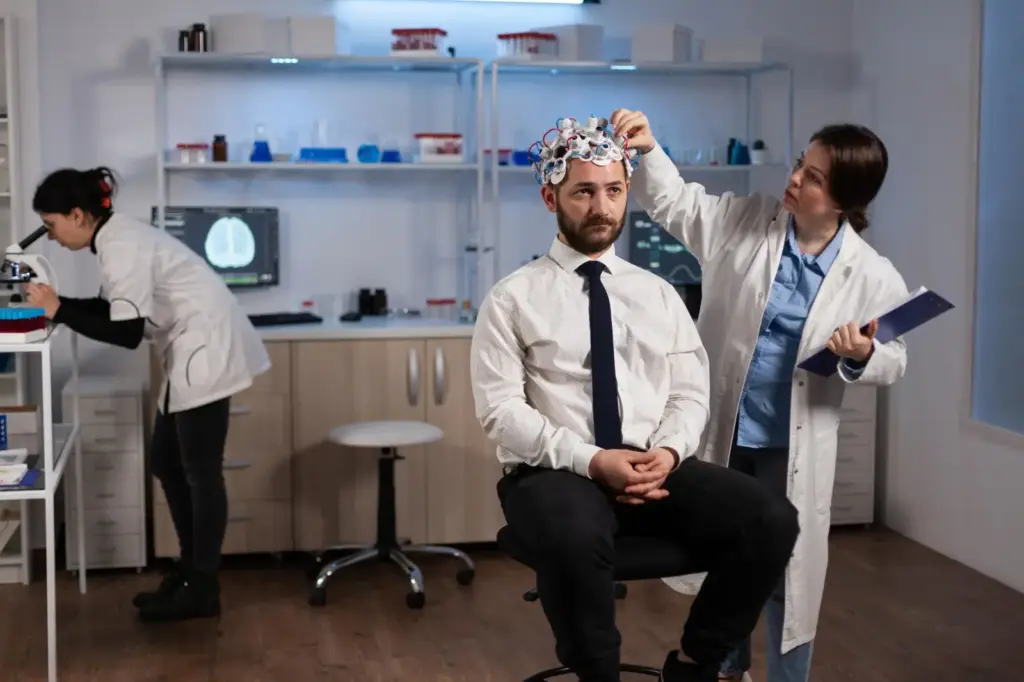

The team includes experienced Hematologists, Rhuematologists,Pathologists, Microbiologists, Psychologists, and a well experienced Nursing team.
In addition KMH has in house facility for CD34 Selection and Enrichment , which improves outcomes in SSc by removing Autoreactive Lymphocytes.
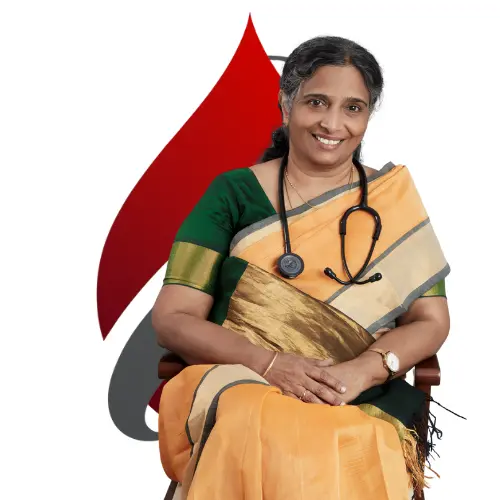
Dr. Margaret Chellaraj
MD DM. Chief of Hematology ( Former HOD of Hematology , Madras Medical College , and Chief Haematologist RGGGH.
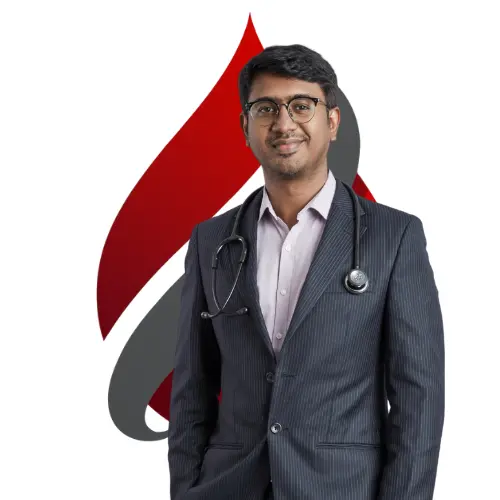
Dr. Steve Thomas
MD( CMC , Vellore) DM ( AIIMS ) Consultant Hematologist and BMt Physician

Dr. M. Srikanth
MD MRCP (UK) FRCPath ( UK) CGT( UK )
Senior Consultant Hematologist and CAR-T Cell Therapy Specialist
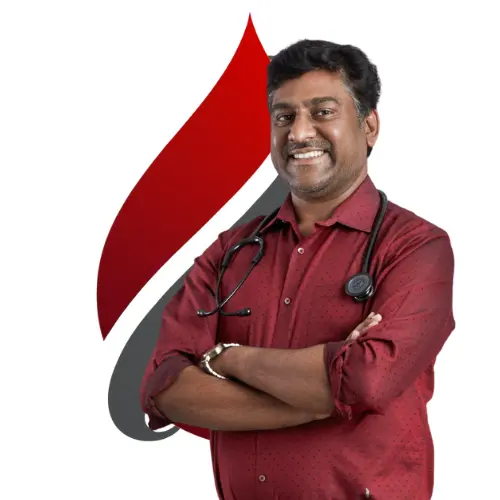
Dr. Jesu Pandian
MD ( Path ) DNB ( Hematology) BMT Physician

Dr. A.R.Jaswanthini
MD , DNB , Clinical Hematology .
Consultant Hematolgist , Paediatric Hemato Oncologist and BMT Physician .
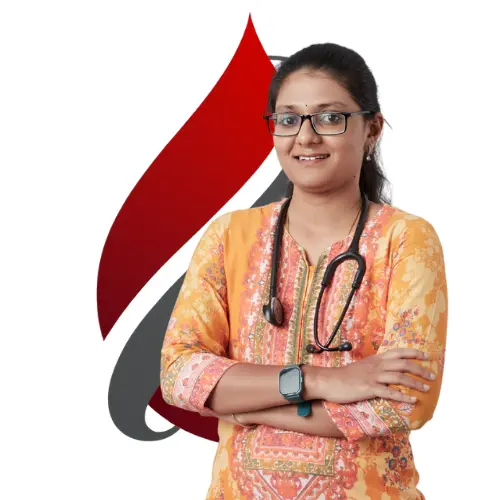
Dr. Anuraga Srinivasan
MD FNB( CMC), Trannfusion Medicine and Clinical Hematologist
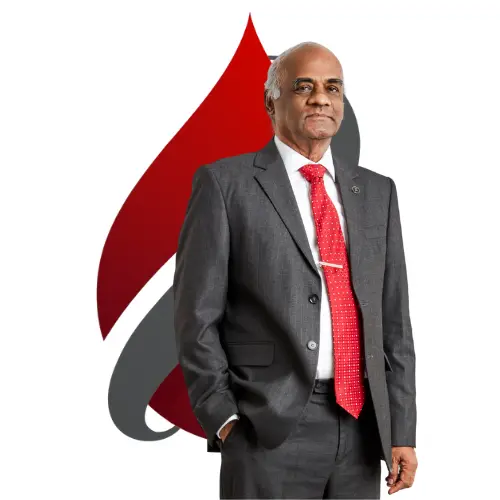
Dr.SP.Ganesan
MBBS DCP , Clinical Pathologist

Dr.Keerthi
MD Microbiology

Mrs. Hemachithra
BMT Coordinator

MrsVijayalakshmi
Customer Support and COO
Healing Stories from Our Patients



